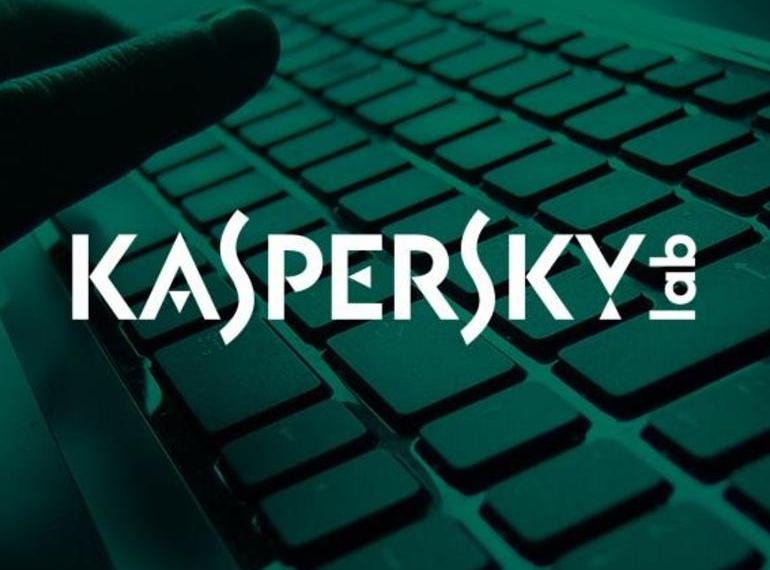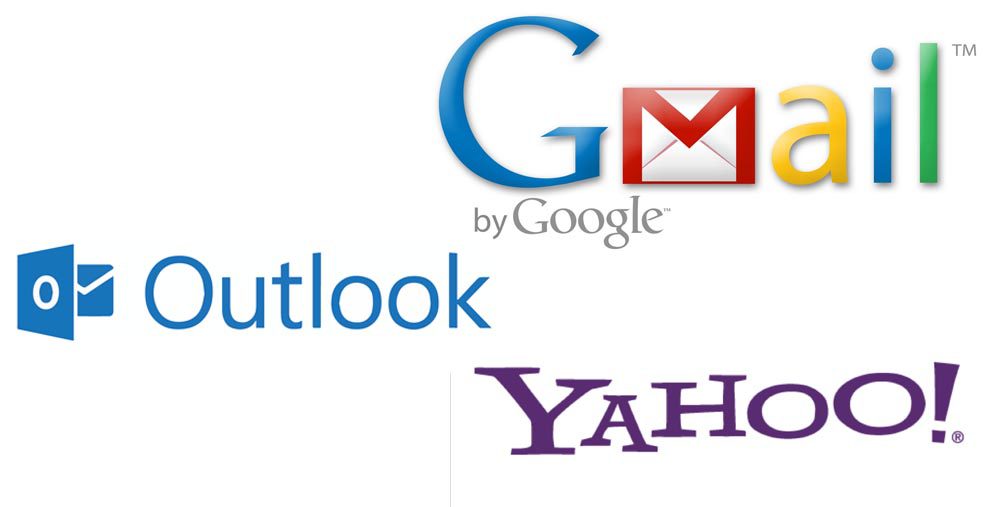The end-of-year sales season attracts the attention of both shoppers and retailers. Unfortunately, it is also a favourite of cybercriminals. These individuals do not hesitate to take advantage of online shoppers by establishing phoney pages that seem like the most popular retail platforms and electronic payment systems.
In the run-up to the several Black Fridays coming up over the holiday season, there has been a huge increase in online payment fraud and phishing attacks that look like e-payment pages. This is according to a report from global cybersecurity company, Kaspersky.
The report from the cybersecurity company showed that the overall number of financial phishing attacks disguised as e-payment systems has so far more than doubled.
Phishing attacks increased by 208 per cent from 627,560 in September to 1,935,905 in October 2021.


In the first 10 months of 2021, Kaspersky products detected more than 40 million phishing attacks targeting e-commerce and e-shopping platforms as well as banking institutions.
These attacks have recently remained sustained, with Kaspersky’s tools also discovering a proportionate increase in the number of spam letters.
From October 27 to November 19, amid the sales season, an aggressive spread of spam emails has been observed, with 221,745 of such emails containing the terms “Black Friday”.
“During the Black Friday season, we always see an increase in scamming activity. The attention being paid to e-payment systems is perhaps a little more unexpected. This time, we detected a 208 percent increase in a number of assaults imitating the most widely used payment methods. “Of course, scammers perceive every new payment application as a fresh opportunity to possibly exploit victims, ”
Tatyana Shcherbakova, a Kaspersky security specialist.
Black Friday
Originally used to depict the unofficial start of the holiday shopping season, Black Friday, remains the biggest retail sales period where many stores offer highly promoted sales at discounted prices.


The discounted sales mean a surge of shopping activity, particularly from holiday shoppers who are ready to blow so much money on discounted merchandise.
And, with so much money flowing from one wallet to the next, cybercriminals, predictably, will look for a way to get a piece of the action. Although scammers operate all year, it is during the holiday season that they seek to profit from the rush to claim discounts before they expire.
Cyber payment frauds are wide-ranging and come in all shapes and sizes. However, the red flags are always there and below are ways to protect yourself while shopping.
Shopping is preferable on a private network.
To start off the Christmas shopping season, businesses traditionally offer a variety of in-store bargains on everything from gadgets to toys.
However, Black Friday buyers are more inclined to shop online rather than in-store, with an increasing number of people using mobile devices to complete online transactions.
To better protect yourself from cybercriminals, it is preferred that you consume some of your data in order to ensure the security of your financial data. A public network is a hiding place for these criminals as they are skilled at using insecure Wi-Fi to obtain access to the information you transfer over it.
Complex passwords for online retail stores are best
Strong, secure passwords are required to protect your online identity and accounts from hackers. To make your online platforms difficult to break into, employ a combination of letters, numbers, and special characters.
It’s also a good idea to use various passwords for different websites. Cybercriminals might use a stolen password to break into other accounts and websites, exposing your personal information.
Avoid suspicious links
Email is the most common method for all types of cybercrime. Scammers send phishing emails with promotional links that appear to come from a reputable source, such as a bank or a reputable merchant.


These phishing emails are an attempt to attract users’ attention and get them to click on a link that contains a hazardous virus that can steal their personal data. Any unsecured links should be avoided.
If a tempting offer comes your way via mail, rather than clicking on the link, go straight to the retailer’s website by putting its name into your browser.
Ensure the website is secured.
When purchasing online during Black Friday, it’s important to make sure you’re on an encrypted page, which means the page’s URL should begin with “https.” If you don’t see it, the website you’re visiting may not be legitimate.
Similarly, ensure to shop from a trusted website as there are thousands of online stores, and it is easy to fall into the trap of purchasing from an unsecured site.
Monitor your bank accounts.
Keep a tight check on your bank accounts and ATM cards over the Black Friday and general holiday season. Criminals frequently use bot technology to make small charges to determine if they will go through before making larger transactions.
If you forget your bank card while shopping, cancel it right away instead of going back to look for it.
While you could discover your card, you still run the danger of your card information being stolen and used for online fraud.
Now that you’re here, don’t forget to register to be a part of the largest crypto conference in Africa put together by Technext. Kindly follow this link for registration and more info.






